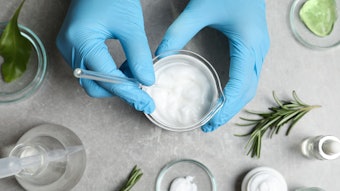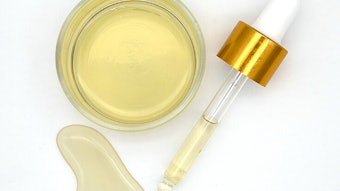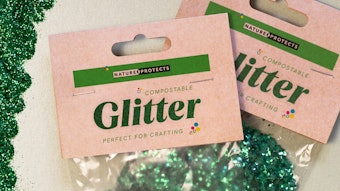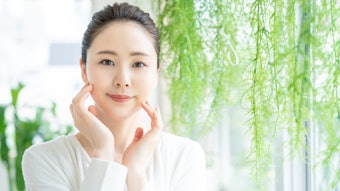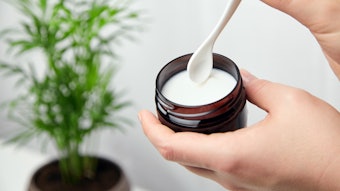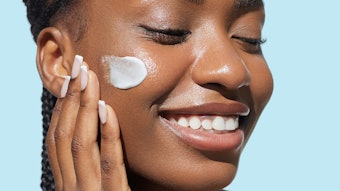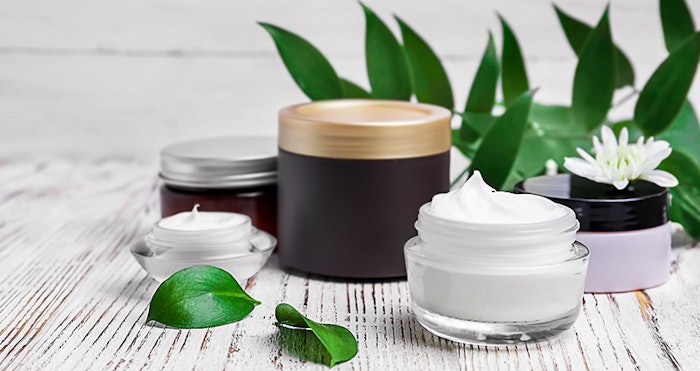
With the growth of “clean label” in the food and beverage industry, there has also been a fundamental shift in consumer preferences and behaviors for beauty care products. “Clean beauty” has flooded the market, with some retailers and brands launching their own seals and definitions.
What does “clean beauty” mean to the consumer? Is there a difference between “clean” and “natural”? Are consumers willing to pay more? What are the purchase drivers and expectations for “clean” products?
Ingredion conducted proprietary consumer research to explore the perception of “clean beauty” and "natural” within global skin care (facial and body care moisturizers, lotions, masks, serums, anti-aging, and firming creams).
 Purchase and Usage Behavior Insights Show Room to Grow
Purchase and Usage Behavior Insights Show Room to GrowOf those surveyed, almost 70% of global consumers regularly purchase and use skin care products, with the majority willing to pay $15 or more. The top three purchase drivers are price and ingredients, then brand image. Forty-eight percent of males use facial care products and 43%, body care. Sixty-three percent of females use facial care products and 53%, body care. Consumers 35 years and up are more likely to use facial care products than younger consumers.
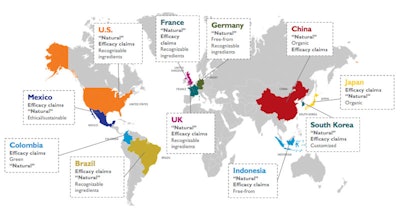 “Natural” Not Enough
“Natural” Not EnoughOf those surveyed, more than half of consumers identified “natural” claims as one of the top factors in purchase decisions and intend to buy these products within six months. These consumers also expect better performance in “natural” products over conventional. However, most are not willing to pay more for “natural” alone. While compelling, “natural” itself is not a differentiator; it needs to be supported with a combination of efficacy claims and align with consumer values.
Males are significantly more interested in “green” claims and recognizable ingredients, while efficacy is more important to females. Although “natural” is important to all age groups, it, along with “organic” and “green” are significantly less important to older consumers (45+), while “ethical/sustainable” claims are more influential to younger consumers (<24 years).
Reactions to Ingredients and Labels
Of those surveyed, approximately two-thirds of consumers read ingredient labels on personal care products for transparency and functionality cues globally. Across product categories, respondents with children or higher income are more likely to read ingredient labels. Those consumers who read labels are also more likely to be satisfied with the product.
Additionally, consumers indicated that the number of ingredients within a label is a cue for a “natural” or “clean” product; more than 50% of consumers feel a “simple label” consists of 10 or fewer ingredients. Over 60% of consumers who desire clean products also want to see more “kitchen-like” ingredients, such as plant-based oils, flours, starches, and/or proteins.
Impact of Clean Beauty
Our survey concluded that more than 68% of consumers are likely to purchase products in the next six months with the claims “non-GMO”, “organic”, “green” or “vegan” because they expect that these claims will improve performance.
Up Next
Part two of this series will explore consumer needs and expectations within “clean beauty” hair care. For more about ingredients to support “clean beauty” claims, visit Ingredion at www.ingredion.us/beauty.
Article written by:
Disclaimer:
The above paid-for content was produced by and posted on behalf of the Sponsor. Content provided is generated solely by the Sponsor or its affiliates, and it is the Sponsor’s responsibility for the accuracy, completeness and validity of all information included. Cosmetics & Toiletries takes steps to ensure that you will not confuse sponsored content with content produced by Cosmetics & Toiletries and governed by its editorial policy.

